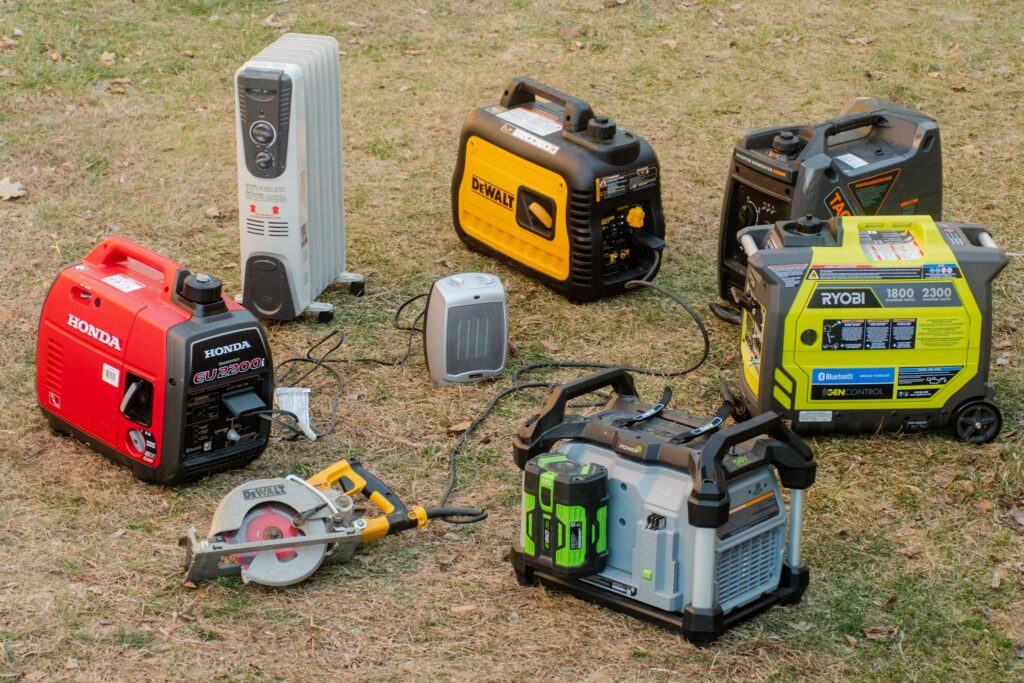Find A Suitable Generator Among These Generators
A generator can easily keep your house or office running during a power outage, or make it easier to power your grill during a big game. Finding the most suitable generator for your needs starts with considering the power output capability, fuel source, and wattage required by the appliance or tool. Whether you’re looking for a 220-volt generator for camping, a handy battery generator, or a solar generator, this guide will give you the facts so you can choose the most suitable generator for you.

What is a suitable generator for?
A generator is a machine that converts mechanical energy into electrical energy. It provides power to devices and appliances when you are not connected to the grid. Generators are an important safety device during natural disasters like hurricanes and snowstorms or any power outage. Owning a home generator allows you to keep lights, vital appliances, basic medical equipment, and heat in your home. If you live in an area with frequent but brief power outages, generators can ease the inconvenience and ensure your day isn’t interrupted by unexpected power outages.
Generator Types
When choosing between generator types, consider the type of fuel each generator requires. Fuel availability and storage are important factors when maintaining generators. A generator’s fuel source should be affordable and readily available when you need it. The following are common generator fuel types:
Gasoline:
- It’s readily available and easy to buy, making it an ideal choice for a portable generator.
- Available in 2 to 5-gallon portable cans.
- Stored properly in an airtight container, it will keep for 3 to 6 months.
- Properly stored and used with a fuel stabilizer can last up to 3 years.
- For outdoor use only.
Diesel Engine:
- Provides the most energy per gallon of all generator fuel types.
- Reliable and readily available, making it ideal for home backup generators or commercial generators.
- Diesel generators perform best when used for long periods of time on large jobs.
- For outdoor use only.
- It can last from 6 months to 1 year with proper storage and without added stabilizers.
Natural gas:
- The most cost-effective and readily available fuel for home backup generators.
- Energy efficiency per gallon is lower than diesel, gasoline, and propane.
- Delivered by natural gas pipeline, so no refueling is required. No storage is required, making it the most convenient choice for residential and commercial generators.
- Do not use indoors.
- The power supply is usually not affected by power outages.
Propane:
- Available as liquid propane or steam propane.
- Liquid propane does not spoil, so it takes long time to store the power.
- Clean burn.
- Do not use indoors.
- Inverter generators are commonly used in RVs, campers, and food trucks.
Dual fuel:
- A unique type of generator that can burn gasoline/diesel and connect to natural gas.
- Not suitable for indoor use.
- Not a standard type of generator, so not all manufacturers offer dual-fuel models.
- Clean, renewable energy for portable generators.
- More solar panels can often be installed to increase power output.
- Safe to operate indoors as there are no emissions.
- Depends on the sun for energy, so is not always reliable in an emergency.
- Power output is lower than other types of generators.

